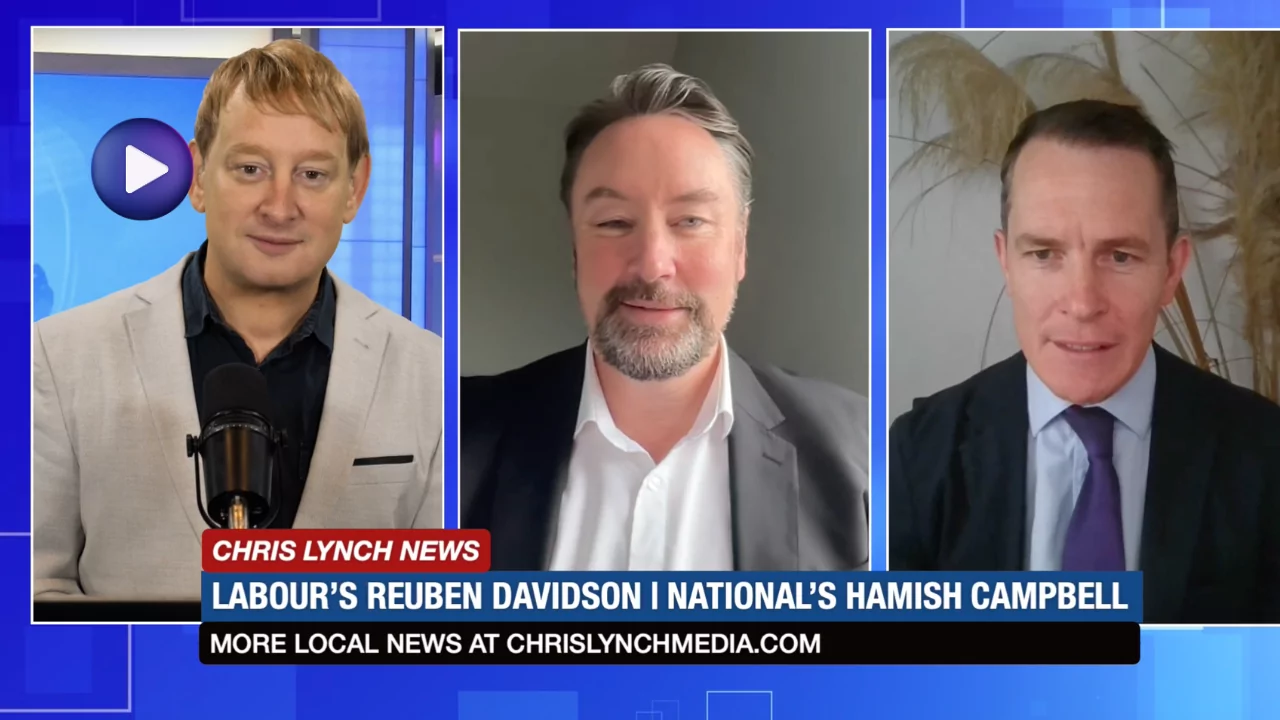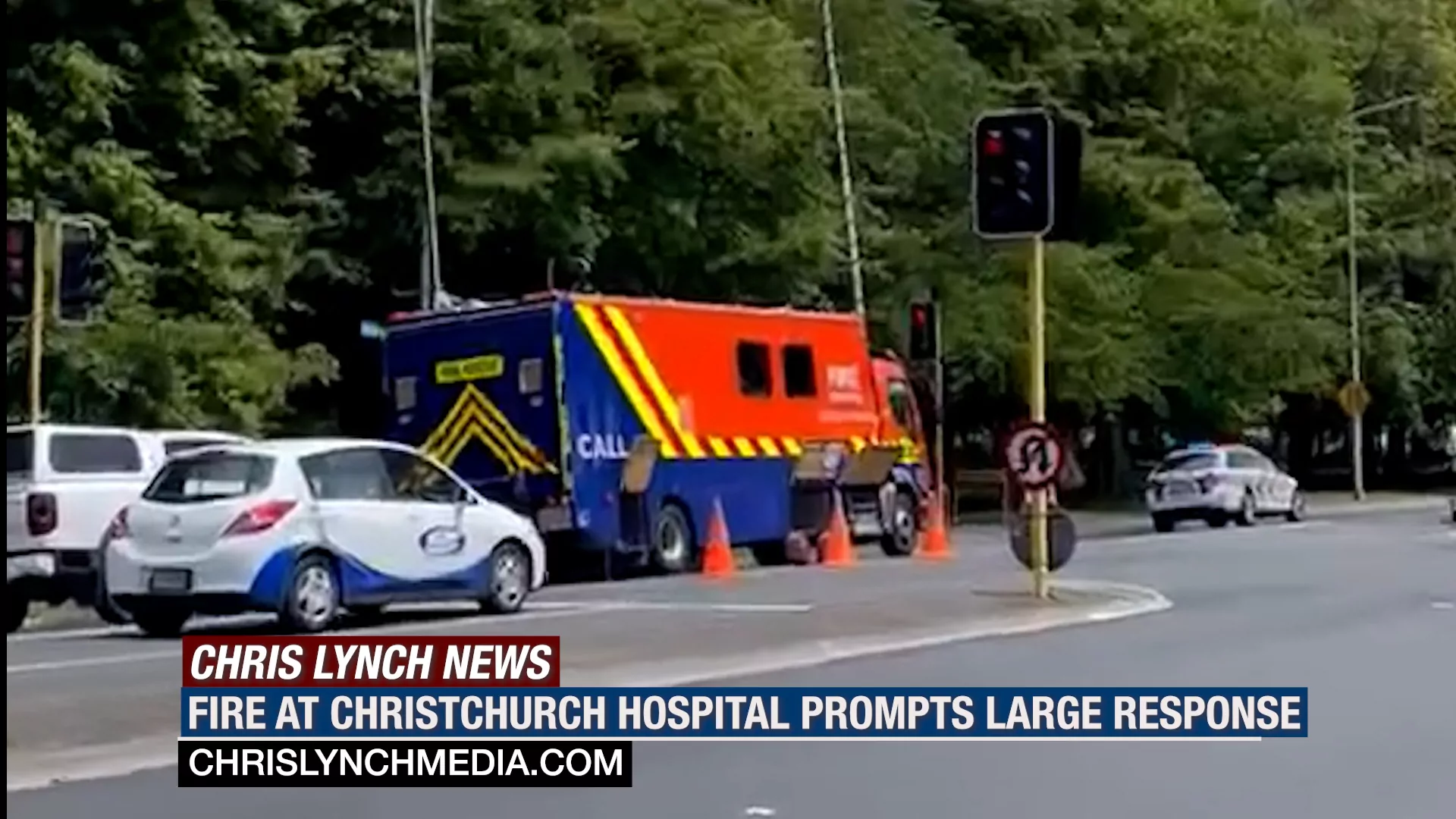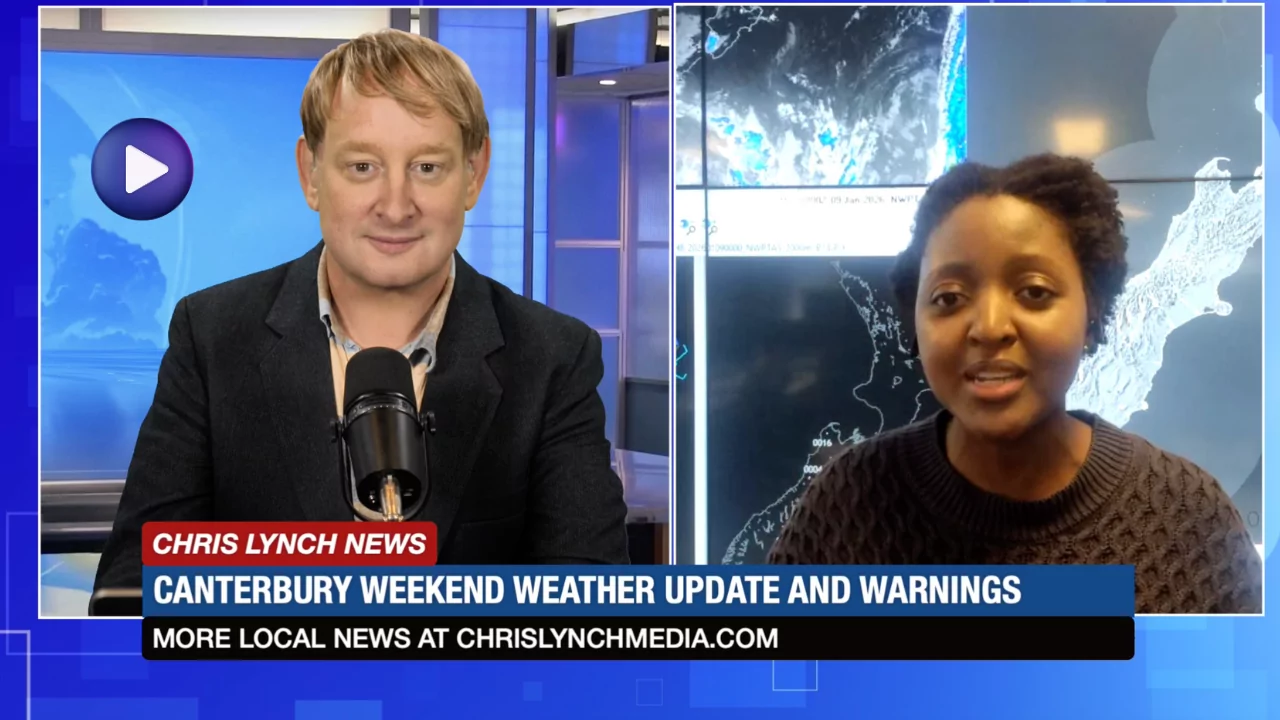Escaped youth tracked by Eagle helicopter, found hiding in New Brighton
The young person who escaped from a youth justice facility in Rolleston has been located...
Riccarton Ward council candidate Tony Simons has criticised the Government’s decision to override Christchurch City Council and allow significantly greater urban density across the city.
The decision, revealed by Minister Chris Bishop on Friday, concerns specific aspects of Plan Change 14, a major proposal aimed at aligning Christchurch’s development with national intensification rules.
Simons, a former journalist, said the move ignored community concerns and imposed a one size fits all model of intensification that Christchurch never needed.
“This plan was designed to solve a housing supply crisis in major centres, but Christchurch doesn’t have one. We’ve had an affordability issue, yes, but not a supply problem,” he said.
Simons said the Government’s approach had disregarded years of local opposition.
“It’s been a two or three year battle. The council pushed back, the community pushed back, and the Government just didn’t listen. It’s like having your legs cut out from under you.”
He said the concept of national intensification was flawed from the beginning.
“The Labour and National governments got together and decided this was the solution to a housing crisis. But they never stopped to consider whether that crisis existed in Christchurch. It didn’t.”
Simons said the initial proposal would have allowed six-storey developments around suburban centres, something he described as completely unacceptable.
“We did fight that back. The hearings panel and the process brought that down to four storeys, which was a win. But four storeys in many parts of Christchurch is still overkill.”
“I’m not anti-intensification. I’ve said this from the start. I support smart, planned, sustainable housing where there’s demand and where the community backs it. But this isn’t that. This is blunt-force development.”
He said he was particularly angered by the Government’s decision to allow multi-storey housing near Riccarton Bush.
“Three to four storey housing right on the boundary of Riccarton Bush is just unacceptable. It’s a taonga for the city and it deserves to be protected. This decision shows that the Minister has simply ignored that.”
He said the rejection of the Council’s alternative proposals, including those concerning sunlight access, was another blow.
Simons also pushed back at claims he was simply opposing development in his own neighbourhood.
“I’m not a NIMBY. I’m not saying don’t build in my street. I’m saying think about what we’re building, where we’re building it, and whether it’s actually going to make Christchurch better. I’m a NIMBY for the city.”
“This city is something I care about deeply. I’ve lived here a long time. I want it to be the best city in New Zealand. And filling it with cheap, ugly, high-rise boxes that no one wants to live in is not the way to do it.”
Despite his disappointment, Simons said the community should not give up.
“This is a battle lost. Not the war. Ministers change. Councils change. This can be turned around. It will take time, but there is still time to moderate the most harmful parts of what’s been approved.”
“What matters in Wellington might be clear to the Minister. But what matters in Christchurch clearly isn’t.”
Mayor Phil Mauger said the Minister’s response is “incredibly disappointing for our city.”
“In putting these decisions forward to the Government, we obviously wanted to get all of our alternative recommendations approved. So, to only have three of them get the tick is a kick in the guts.
“This plan change has been a huge undertaking for our city, and we’ve said right the way through that we want to get the best outcome we possibly can. This doesn’t feel like the best outcome.
“To that end, we’ll keep working hard as a council, and there are still major decisions yet to be made when it comes to housing density and planning across much of Christchurch, so watch this space.”


